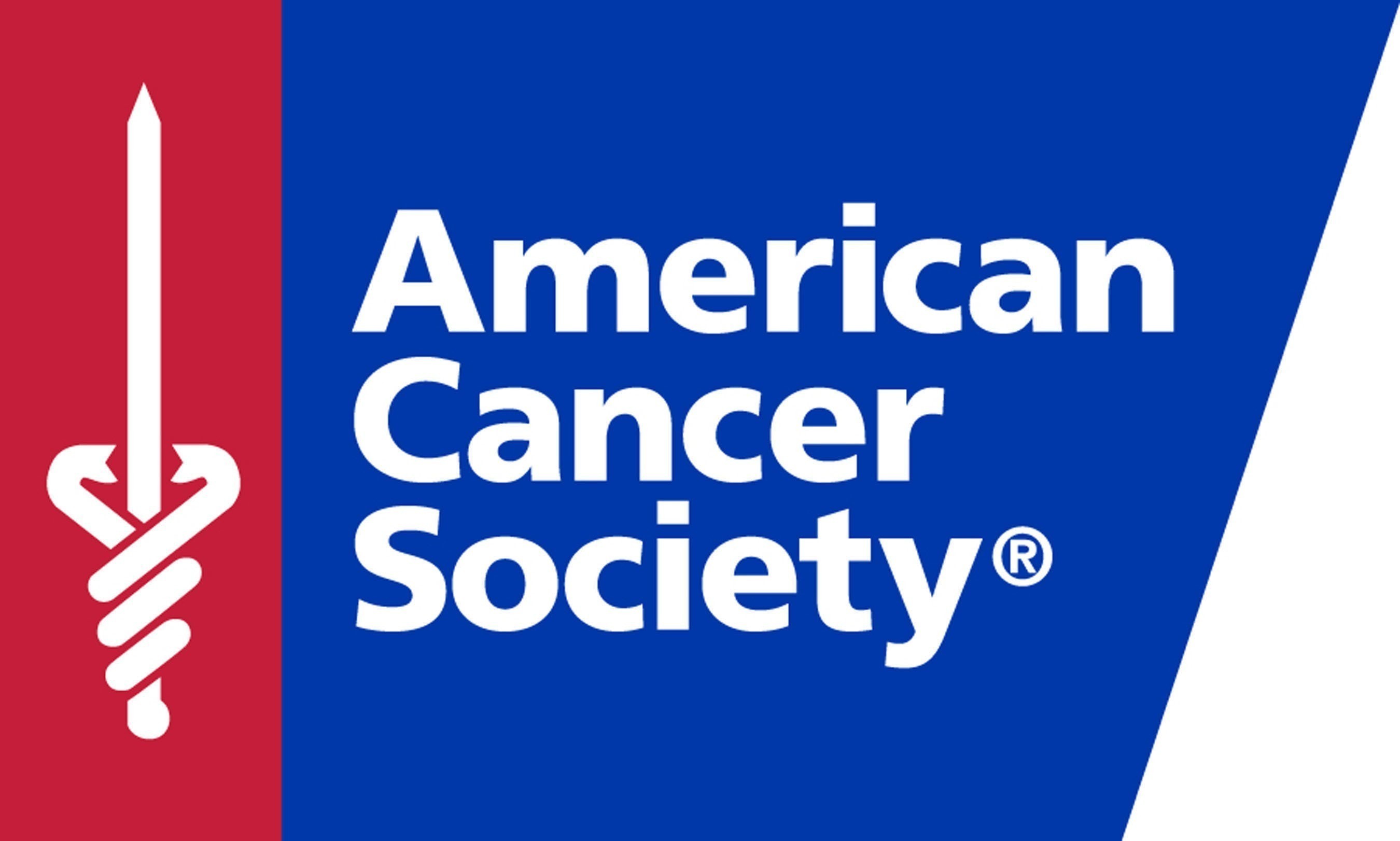American Cancer Society’s Easing up on Breast Cancer Screenings: Friend or Foe?
This past week, the American Cancer Society released new guidelines in regard to breast cancer screenings. In 2009, the U.S. Preventive Services Task Force announced that it was recommending that women wait until the age of fifty to begin regular screening for breast cancer—a stark contrast to the forty-year age recommendation of the American Cancer Society at the time. Since then, the issue has been heavily contested by health organizations all across the World. Whereas the Society previously recommended women undergo both mammograms and clinical breast examinations every year starting at the age of forty, it is now advocating beginning annual mammograms at the age of forty-five up until the age of fifty-four (when patients are advised to switch to screening every other year). The association also entirely retracted their previous statements regarding clinical breast exams, which are less invasive and involve a trained professional feeling for abnormalities present in breasts, stating that women should forego them entirely if no symptoms or lumps are present.
According to the National Cancer Institute, breast cancer affects about 2,300 men and 230,000 women each year; it is the highest killer of women in terms of cancer in the United States aside from lung cancer. While the American Cancer Society is easing up on their guidelines for breast cancer screening, The New York Times states an expectation of 231,840 new cases of invasive breast cancer and 40,290 deaths from breast cancer in the coming year alone.
The sudden lessening in the aggression of preventative measures regarding breast cancer screening appears to originate from an increasing dissatisfaction with results. According to Rob Stein, senior editor and correspondent of NPR’s science section, women in their early 40s are at a much lower risk of breast cancer, and false-positive results in women of such a young age (which are more common than many think) tend to lead to more invasive, unnecessary, and expensive testing. Stein also points out that by waiting five more years, the same cancer that may have presented itself at age forty can still be caught, and lives will still be saved. Similarly, Anne Buck ’18 (a member of the Pre-Health Club on campus) points out that although she feels it is important to be screened regularly, tests also do not always guarantee the discovery of malignancies in a timely manner.
Unfortunately, many are dissatisfied with the rationale given by the American Cancer Society and academics such as Stein. Amanda Korb ’18, also a member of the St. Lawrence Pre-Health Club, points out that it appears that the new guidelines may be disregarding patient care in favor of beneficial economic policies. Although the Society is encouraging women to pursue mammograms five years later than before, it is also pushing women to use mammograms as the sole form of testing for the cancer—a test that is markedly more expensive than a simple clinical breast examination. Korb worries that the shove towards mammograms may have less to do with their accuracy and more to do with their overall cost to the patient.
In addition, patients who feel early testing saved their lives, especially women between the ages of forty and forty-five who underwent mammogram testing that detected their advanced breast cancer early enough for treatment to be successful, are also questioning the rationale behind the Society’s new recommendations. While the Society does highlight that at what age breast cancer screenings begin is entirely up to the discretion of the patient; health practitioners may now be more apt to recommend later screenings to their patients – a recommendation that could risk patients’ lives.
The question, then, appears to be tied more to patients’ feelings on whether the chance of a false-positive result, and the rigorous testing it can spawn, outweigh the possible benefits of early detection and much less to do with the American Cancer Society’s new guidelines.



